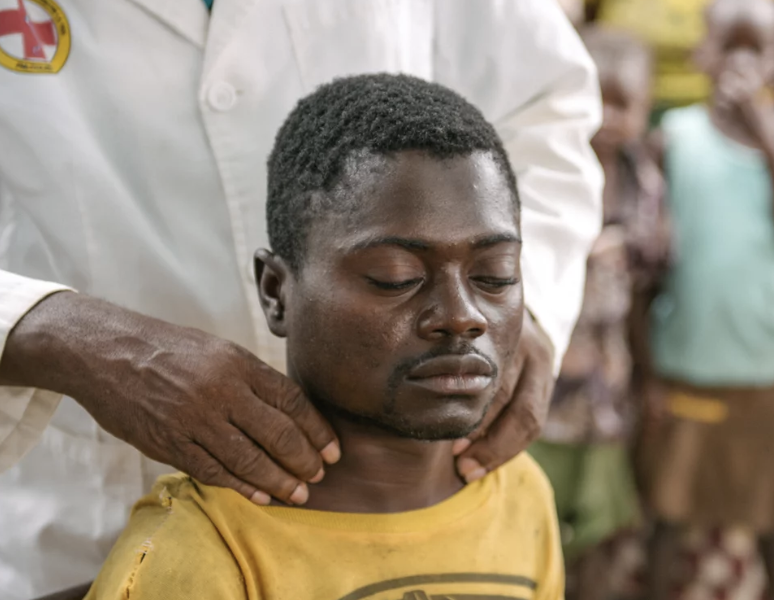Acute sleeping sickness – the treatment is almost as horrific as the disease.
But now there is encouraging news about an oral medication – one that’s also been used for chronic sleeping sickness to great success.
Symptoms for both forms of sleeping sickness start with fever and aches. Then things get worse. The parasite that causes the disease will start to disrupt sleeping patterns and cause aggressiveness and psychosis – that’s how it got its name.
For many years, therapy for both types would begin with a lumbar puncture to see if the parasite has invaded the central nervous system, followed by intravenous injections of a drug toxic to the kidneys and an arsenic-based drug that’s toxic to the brain. Up to 10% of patients would die from the treatment alone. But left untreated, the acute form of sleeping sickness is almost always fatal.
Within the last decade, treatments for the chronic form have become much safer with the use of an oral drug called fexinidazole. But for the roughly 100 people a year who get the acute form, the risky injections were the only option.
Now the European Medicines Agency has given their “positive scientific opinion” on the use of fexinidazole for the treatment of acute sleeping sickness as well. That opinion is based on results from an ongoing clinical trial showing that a 10-day course of pills cures the disease in 97% of patients – and should lead to approval of the drug by countries outside of the EU.
